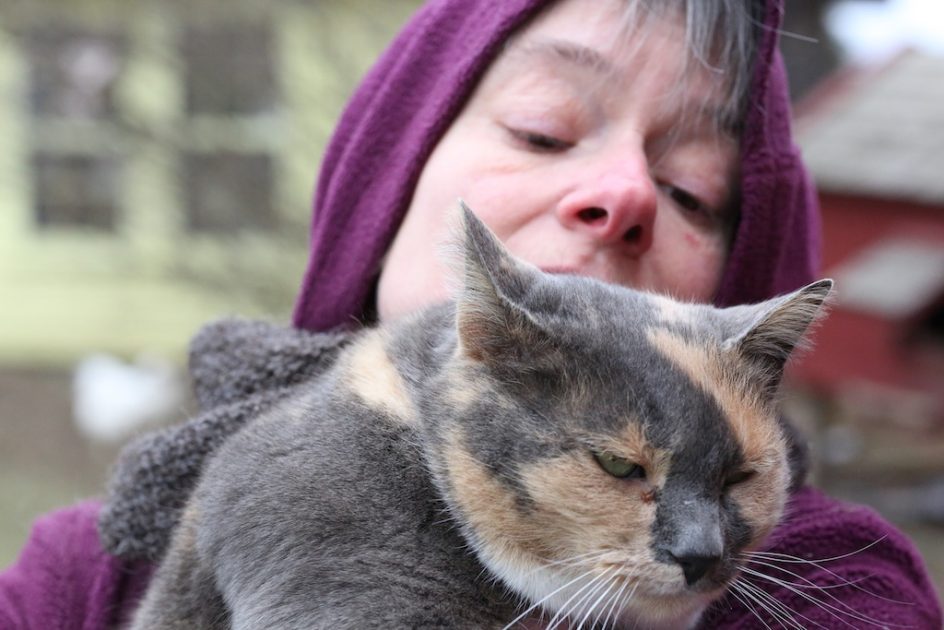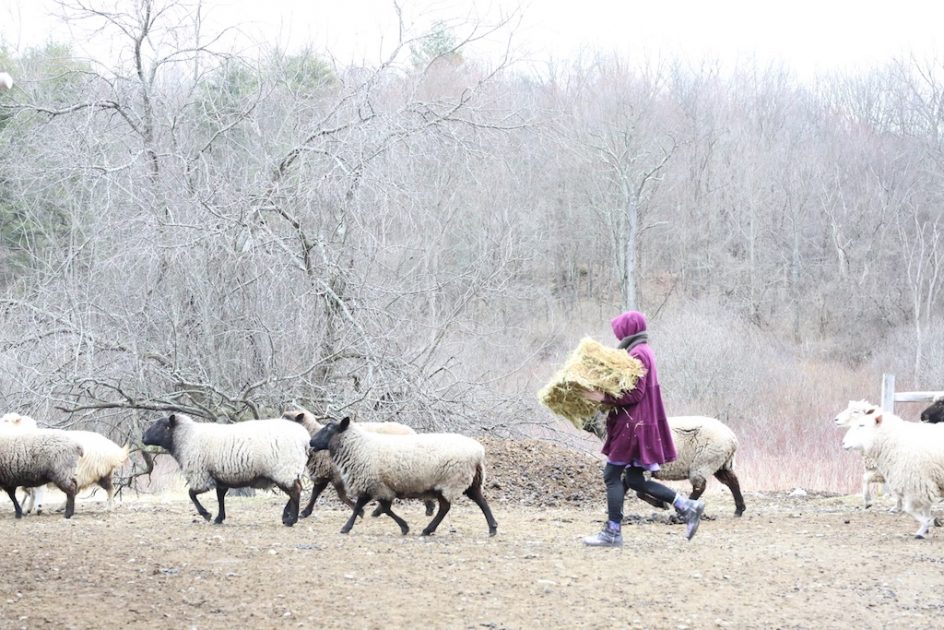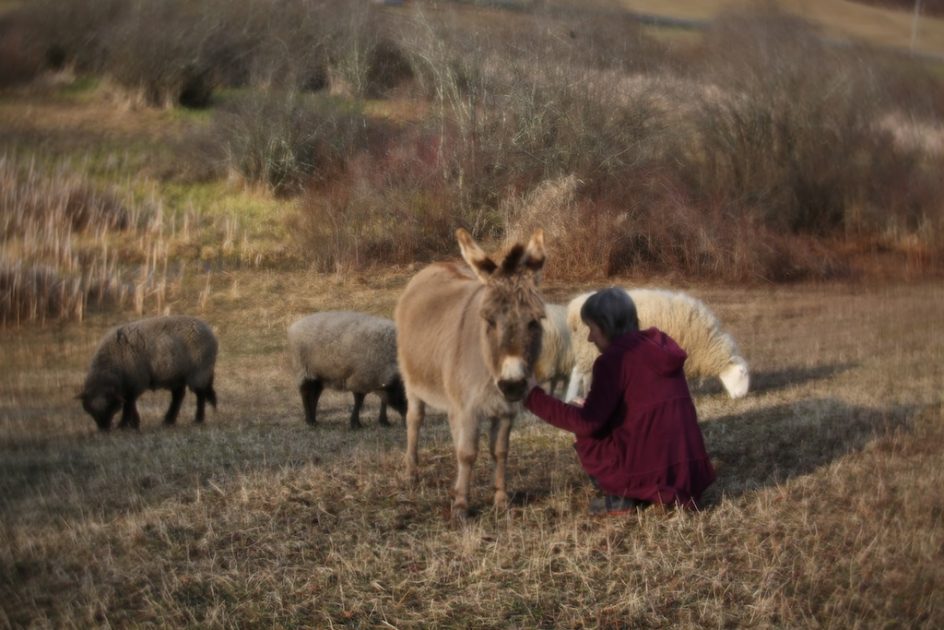
I have a wonderful friend who is an Evangelical Christian, struggling mightily to reconcile her faith with the bitter politics of our time and its jarring affects on her religion.
“It is my purpose to comfort you,” she told me last week when I said I was disheartened by the anger and cruelty in our political culture now. “it is not my mission to argue with you or make you agree with me or dominate me or call you names.” We sat together and prayed silently and in our own different ways to our own different Gods.
“We are not,” she said, “about gaining political power or bending others to our world. In fact, we are the opposite of that. That’s how you know a true Christian when you find one.”
I haven’t found too many of those in my recent life, perhaps they are in hiding or doing their good work silently.
My friend knows me, she knows I do not identify myself as a Christian, but I am a lifelong follower of the early Christian prophets and writers, and an admirer of the true Jesus Christ.
And when we talk ideology, she agrees with me. “Our faith was founded on one word, one idea, one ideology: Love.” Anything other than love, she added, is not about faith, is not about the Christian religion.
Where there is no peace, wrote Thomas Merton, “there is no light and no love.” We love each other, said Christ and the prophets. We love the poor, and the wicked, and the vulnerable,
We are wary of the rich and the powerful, and keep them at arm’s length, we are not them.
Only in silence and solitude, wrote Merton, in the quiet of contemplation, the reverent peace of prayer, the adoration in which the entire ego-self silences and and becomes humble can we grasp the word and its meaning: Love.
Because Western man is afraid of solitude, and sees love as a sign of weakness and naivety, he is unable to be alone. Or to love his friends and neighbors. He is unable to be silent. He is unable to be find empathy, the highest of human values.
He spreads his spiritual and mental sickness to the men and women around him, and to politics and business and the poor, and to the other parts of the earth.
The founders of the Christian faith were not divided but were one with all in Love, that was their faith. In the Kabbalah, God says Love was the point, Love was what endures. The Koran demands that the faithful care for the poor and love their neighbors.
What happened to the central tenets of these great religions, so many people embrace them and swear loyalty to them, but they are not reading the same teachings as I am, or perhaps I’m just a fool who is not reading them correctly.
My task is to tear to open the inner door to my heart to the infinite silences of the spirit. Out of the abyss love wells up without fail and gives itself fully and to all. It is not a feeling I can always carry with me but it it is always a feeling I can find in solitude.
The mind that is hyper active, says Merton, seems to itself to be awake and productive, but it is dreaming, driven by fantasy and doubt.
For me, the message of faith is about unity, not division or conquest or self-interest.
All words, all ideas then, say one thing only: that all is Love.


